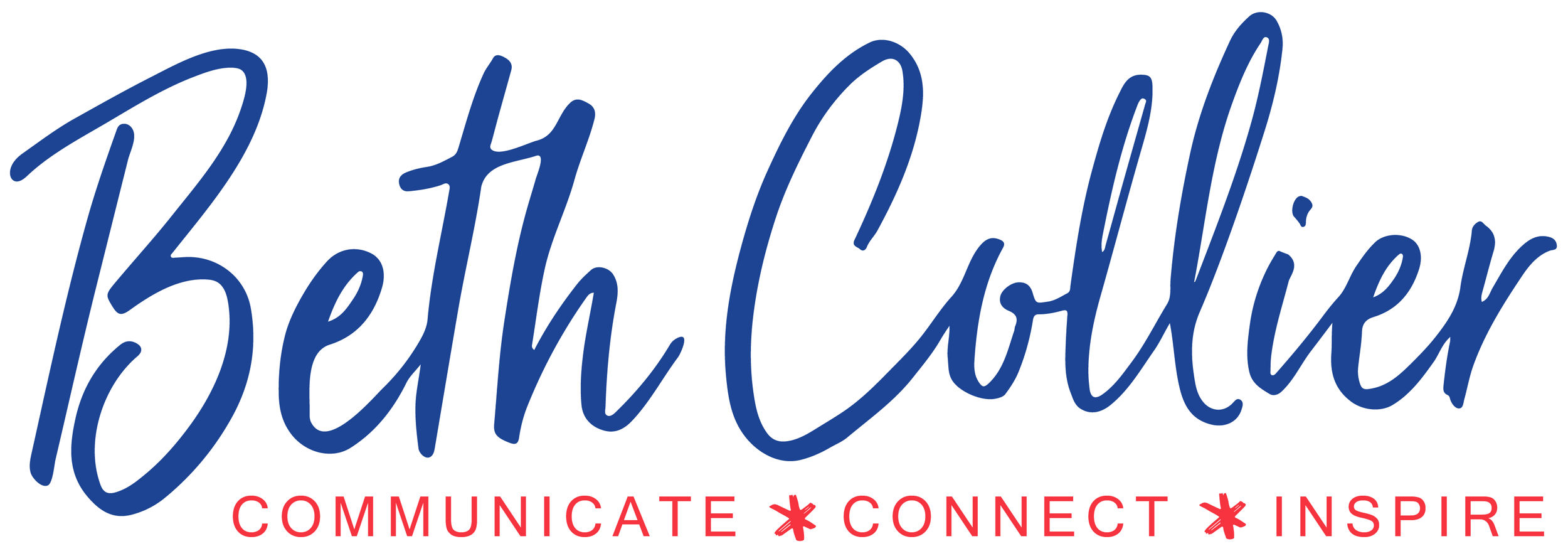Helen Keller was Real – and We Should Know Her Story
When I was growing up, there were two ways to research something: take a trip to the public library, or a trip to the living room (where our World Book Encyclopedias lined the shelves).
I know how to use the card catalog, the microfilm, and even the microfiche.
And no, I’m not 100 years old.
But, as a parent who is (temporarily) homeschooling two young children, I am reminded how much the way we research has changed in the last 20 years.
Now we can access information instantly. When my seven-year-old daughter needed to learn about China, I pulled out the laptop, and tried to familiarize her with the keyboard. She pushed the microphone and said, “I can just ask.”
Right.
Alexa, Siri, and YouTube are assistants that are available 24/7.
It’s wonderful having information at our fingertips. When I wondered recently if the Christmas film It’s a Wonderful Life won any Oscars, I had the answer in seconds.
Or did I?
My first result showed that it won one Oscar for special effects. But that surprised me, so I kept reading. I put different questions into google.
And I kept reading.
I couldn’t believe how many different stories I found online. The winners of Academy Awards shouldn’t be hard to validate. How is there so much misinformation about this on the internet?
Because there’s so much misinformation out there – about everything. And too many people are finding something online and treating it like gospel. We think ‘fake news’ is reserved for political stories – but it’s everywhere.
Helen Keller was real
Today I read that there is a generation of people who think Helen Keller didn’t exist. There is a theory spreading on TikTok suggesting the author and disability advocate was a fictional person.
Helen Keller’s story is remarkable – she was both deaf and blind, and went on to achieve great things. She is an example of overcoming adversity. Her story is important not just because of what she achieved, but also because history books aren’t full of female or disabled role models.
And now there are people spreading conspiracy theories suggesting that Helen Keller is like Santa Claus or the Tooth Fairy. Some people believe in her.
How is this happening?
Curious how this conspiracy theory gained so much traction, I went online to do some digging. I discovered that a TikTok user (whose profile reads ‘purely satire’) questioned if Helen Keller really flew a plane.
It’s a fair question to ask – and I applaud the curiosity. But a question like that deserves follow-through.
And thanks to the internet, you can quickly find a newspaper clipping that talks about how it was possible. It’s easy to learn that she wasn’t flying alone – and how the pilot’s instructions were relayed to her by her companion, Polly Thomson.
The stories we share are so powerful. Thanks to Lin-Manuel Miranda, millions of people learned that there was more to Alexander Hamilton than the $10 bill and a duel with Aaron Burr.
With social media, stories can spread faster than ever. But misinformation – and its sinister cousin, disinformation – can spread quickly. And that’s dangerous.
So what can we do to protect ourselves from fake news?
1. Check your sources
Some publications – and people – are more reputable than others. Make sure the information you find comes from a source you can trust.
2. Interrogate data
Read the fine print. When it says ‘research says’ be curious about that research. Who conducted it? How large was the sample? How was the research conducted?
3. Make google your friend
Validate your research by finding several sources that confirm what you’ve discovered.
Be a critical thinker
And perhaps the most important lesson in all of this is to be a critical thinker. If something doesn’t make sense to you, be curious. Ask questions. Find out more.
If you want to learn more about Helen Keller, this article looks like a good place to start.
And here’s a story where I followed my advice – and found out the truth behind a popular communication myth.
